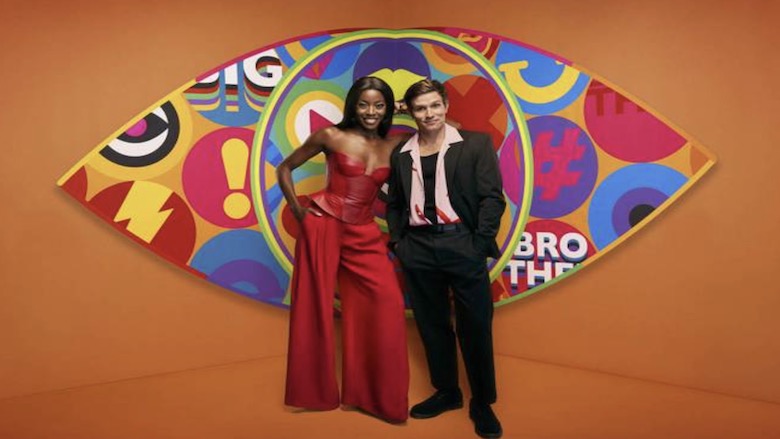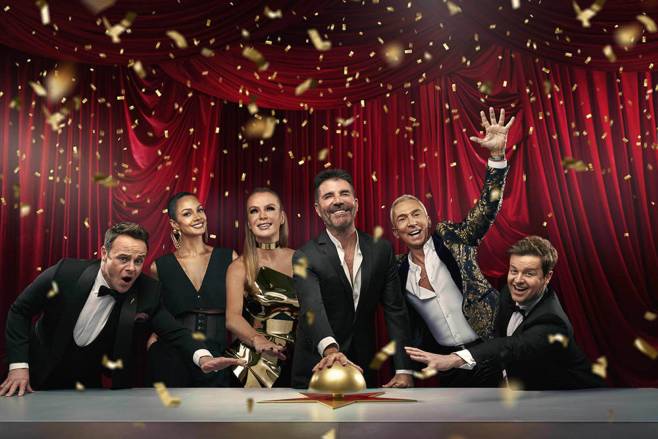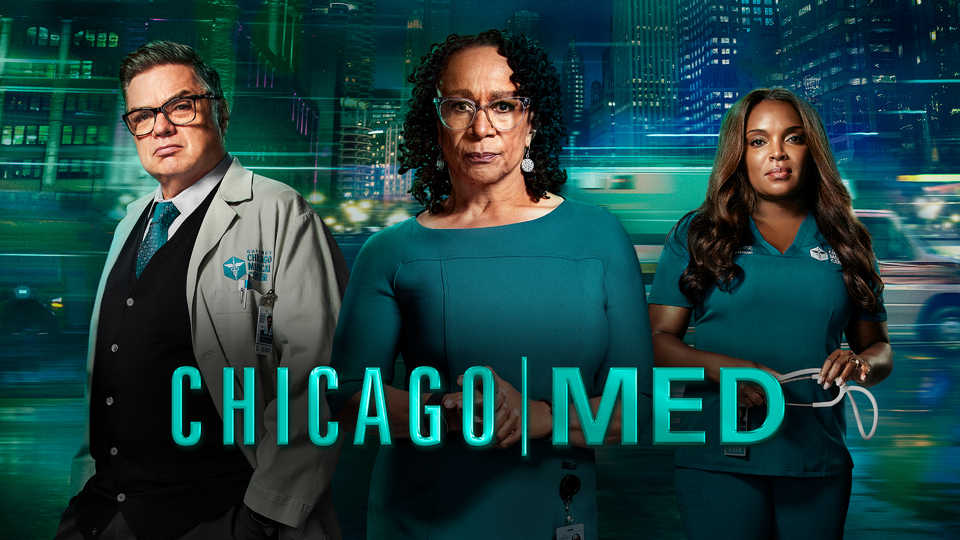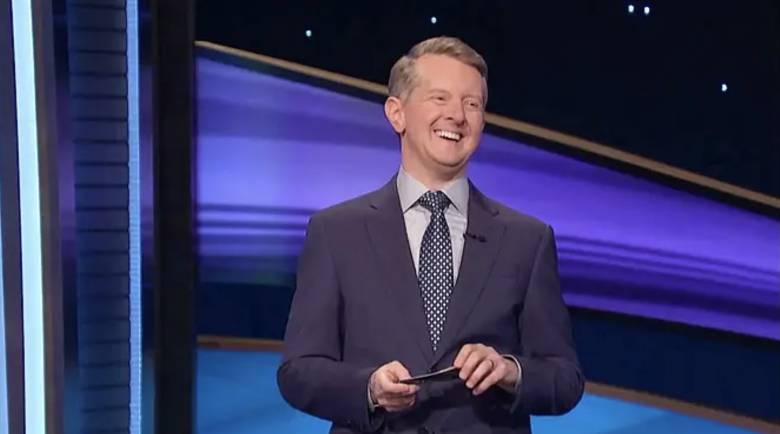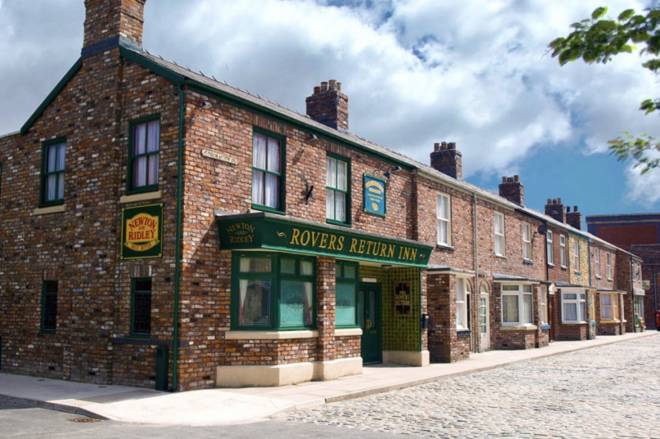What inspired you to make this film?
I’d heard of Sacha and knew of her extraordinary flight with the Bewick swans. A mutual friend of ours told me that Sacha was planning this new, extraordinary journey around Britain and I said, ‘This is incredible, this is exactly what I’m looking for as COP26 comes up’. So I took the idea of following Sacha and her climate challenge expedition around the country on this new electric powered paramotor and I said to ITV, ‘Could we follow her and see some of the things she is doing?’ Sacha was already planning to be stopping and talking to all kinds of inspiring projects and people, more than we could possibly film, but I thought it would be magic to catch up with her in certain places to see what her extraordinary leadership and opinions could bring to the world. She is a woman of huge courage and it was a great thrill to be able to link up with her and follow her.
How is Sacha and was it a difficult decision to finish the documentary after the tragic accident and loss of Dan?
Both Dan’s family and Sacha, and everybody involved were so keen that we still got to tell this story and in time for COP26. Sacha remains in hospital and is being cared for brilliantly. Dan was such an exceptional man, he was so funny and so full of life and such an adventurer, such a huge personality. Rather like mountaineers, they are always aware of the danger and the downfalls that can await them. Dan, like Sacha, was a free diver which means he can swim for minutes under water without coming up for air. Sacha at one point held the freediving record – 6 minutes 25 seconds under water. So we are talking about phenomenal adventurers here, incredibly skilled and experienced. Ghastly though this accident was, and it’s unbearable for Dan’s family and for Sacha struggling with her colossal injuries in hospital, they were absolutely adamant that we went ahead with it. So that’s what gave me the courage to go on and to finish the film and to show it as they wished and as we longed to do.
What did you think when you first met Sacha and learned about her paramotor? In the programme you describe her as ‘Superwoman’?
I thought she was thrilling, I knew how bold she was because, firstly she’s Australian, and I find Australians seem to be bold and far-seeing. They don’t see small problems, they go for the bigger pictures! And to have seen her previously flying with the swans, landing in all sorts of extraordinary places, Dan also flew with her on that trip because he was her cameraman as well as her co-pilot. She landed everywhere and found ways to speak with people, even if she didn’t know Russian or the Baltic languages, she persuaded them not to shoot the Bewick swans. She is a scientist but a compassionate ecowarrior and hugely experienced at what she does. She struck me as a Viking with a great warm smile and a great sense of power about her. She is an exceptional woman in every way, so knowledgeable, so kind and caring and so good at communicating with people. Everybody we met during this film – whether they were old or young or however much knowledge they had – she just wanted to engage with them and talk to them. She would always want to know how they managed in terms of carbon footprint, always researching and being scientific about everything. Massively impressive.
How did it feel to go up in the microlight?
Well, initially I said, ‘No, I’m not doing this’. Our director felt it would be really good but I said ‘No, we’ll let Sacha be the one flying’. Then Sacha said to me, ‘Won’t you come up and fly?’ And immediately feeling like the school drip, I said, ‘Yes, of course I will!’. Then I met the man who would be flying this tiny microlight and he was so good and experienced that I just thought, I’ve got to try this. I can’t be a coward all my life! And do you know, I loved it. It feels a bit strange, literally like riding a motorbike in the air and of course you put on helmets and the noise is so huge. It gave me a different feeling to see Sacha flying and also, unless you’re flying close to the white cliffs of Dover, you can’t see them from the top or from the sea, but flying quite close to them you can see how fragile they are, how fast they are eroding, how fragile our earth is, you know? So I’m terribly pleased that she persuaded me to do it!
What was the most surprising thing you discovered during filming, in terms of how we can make a positive impact on climate change?
The first thing that struck me was this huge container painted pink, which was growing plants and vegetables inside it. The container could be picked up and put anywhere, as long as you’ve got renewable clean energy, water and nutrients you can grow food literally anywhere, in a great big tin container! I thought that was something we should all be thinking of. Not only in this country because we’ve got a lucky climate and the soil is good, but in countries where desert has taken over. So that looked like a real leap into the future and if people can back these kinds of ventures, it will make such a difference. It tasted delicious too, it was fresh, beautiful produce.
During the programme you meet some incredible innovators who are already making a difference, from cleaning plastic from the beaches, eco-housing, tree-planting and low carbon clothing. Who or what impressed you the most?
You can’t really put a pin between them! I mean, the clothes – which I had seen before when I met Will.i.am, but making clothes out of plastic bottles! Incredible – the cloth feels like, in this case – it was like a waterproof fabric, but I’ve seen it feel like soft cashmere or silk or mohair. The fact that we can turn plastic back into something useful and wearable was thrilling. I love the idea of a whole community deciding to live carbon neutral in the BEDZED cooperative in South London. Not only did they live like that but they shared things to help each other and reuse and there’s so little waste. There is a different energy about it.
Sometimes the news can depress you and the issue feels overwhelming, but the fact that every one of us clearing up the beach reduces the plastic in the sea, which makes the world a healthier place, it’s worth doing. So, what we’re trying to say is that every single thing, whether you plant one tree or a million trees, do something, a little something.
But I think the most important message we are trying to put over is that, for all we as individuals can do, it’s also got to be the governments. It’s got to be global with all nations deciding and in legislation, it has to become the rule of how we do things. We can’t keep relying on the goodwill of people because maybe half of the people will do everything they can but maybe the other half won’t. It’s got to become law. Like seatbelts! We all said, do we need seatbelts? Yes, we do, that’s the end of it. Wear them or you’ll be fined. I’m afraid we have to do the same thing now, if we are going to save this planet.
You say that many people ‘wring their hands and think there is nothing they can do about climate change’ – what would be your top three things that you would urge people to change?
Hopefully people will be inspired by what they see in the film. Let’s stop talking about it and do it, do it, do it. Don’t give up hope because hope is everything. We’ve got to keep going and know that we have all done our best each day. Run away from single use plastic, carry your cloth bag, drink tap water, eat less meat, pick-up litter, or better still don’t drop it in the first place! Mend, repair, reuse. We can all do our bit but equally, Sacha’s message is that we’ve got to work together on this globally, we’ve got to force the governments to act.
Is there anything you have personally changed as a result of what you saw/discovered?
There are lots of things that I have been doing forever and it reinforced my determination to keep on doing them. Quite a lot of this is making the effort. I’ve always been using linen bags and cloth bags or reusing plastic bags. Don’t keep buying them or being given them. Make an effort, have that bag with you. Find somewhere that can recycle cellophane. I reuse cling film and foil, I take elastic bands back to the post office, I take all the wire hangers back to the dry cleaner to reuse then. I switch lights off. I don’t eat meat or fish. Make more delicious food for friends without meat! Try to spread the word with everything you do, it doesn’t need to be preachy. I pick up litter when I go out in the streets. Just do your best. Reuse clothes, sew on buttons. It’s not going to happen without us, each one of us has got to pull our weight and play our part in this.


